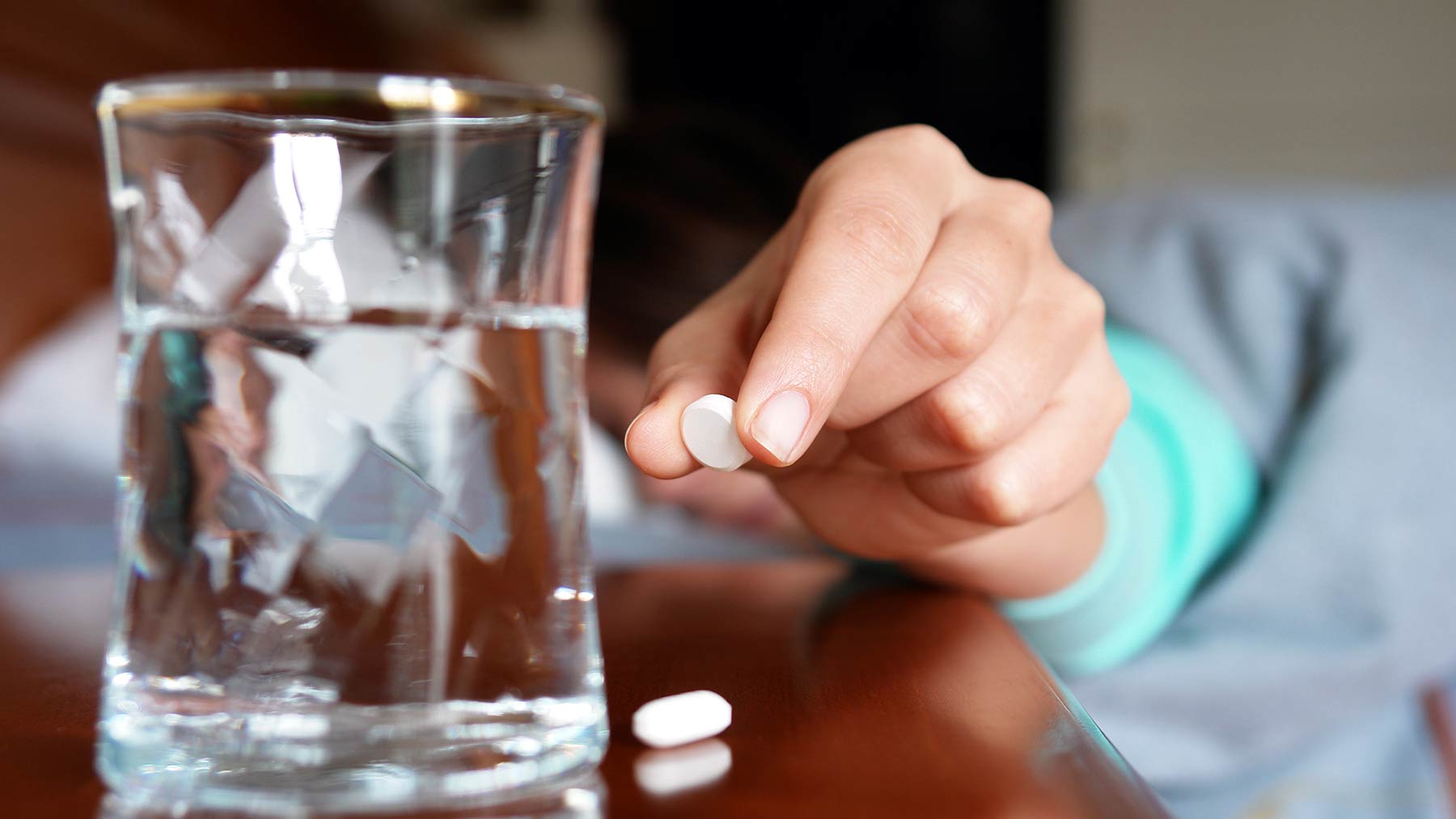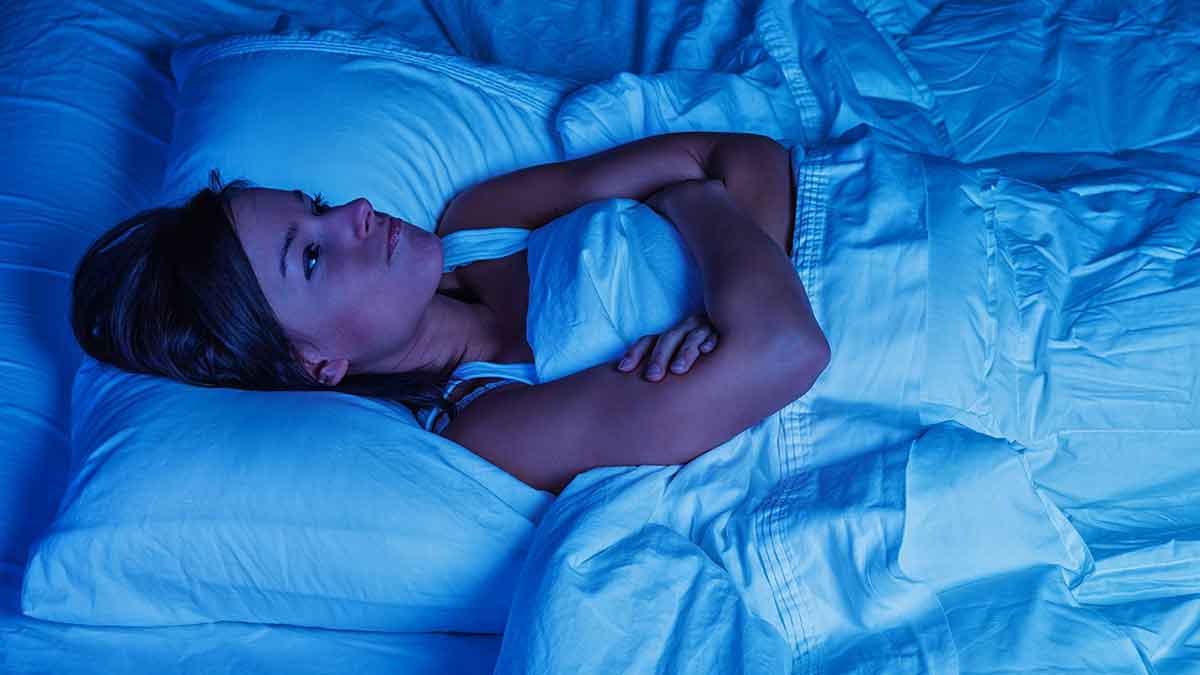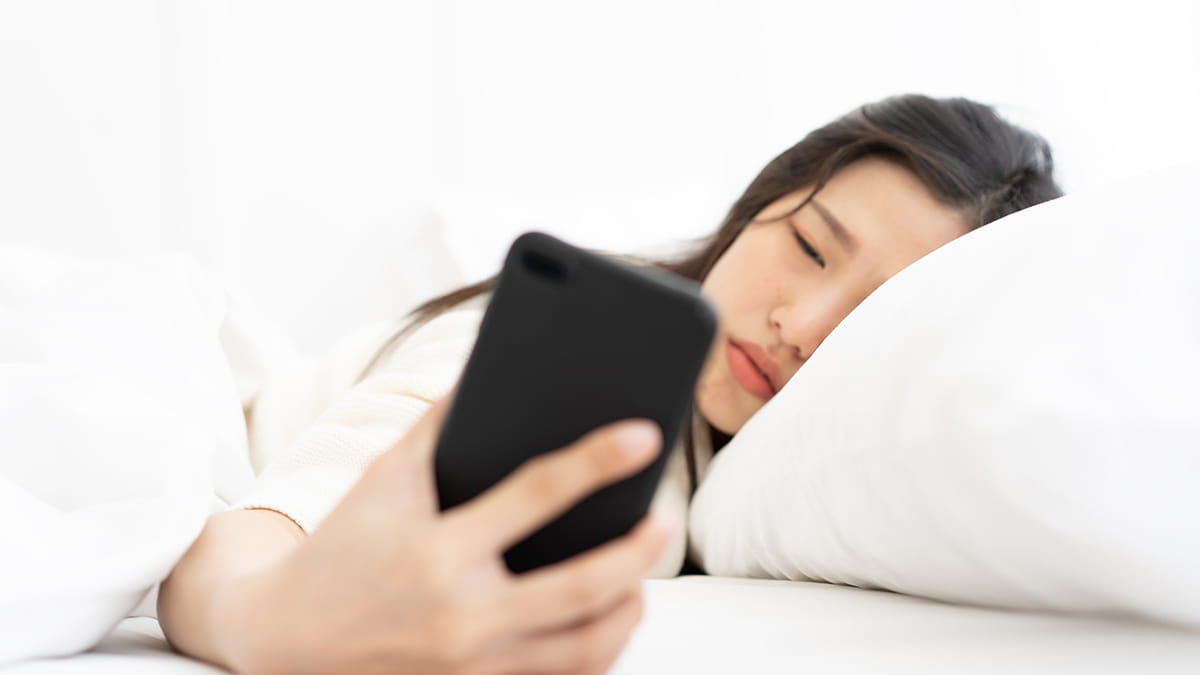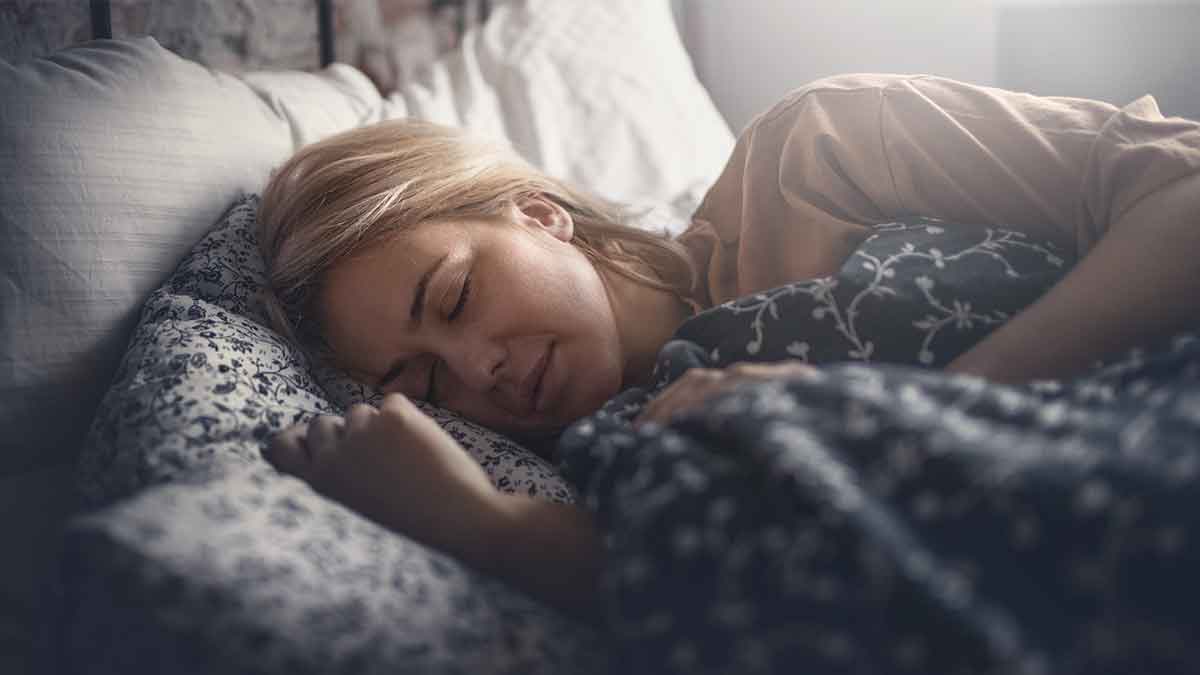Should you be using sleep aids?

Tossing and turning all night can make the early morning alarm unbearable, yet the groggy feeling associated with taking a sleep aid isn’t much better.
There are numerous over the counter sleep aids that claim to help you sleep naturally without the dreaded morning hangover. When searching the internet for the best way to combat sleepless nights, you can find a variety of drinkable sleep aids. Although they all have different names, the ingredients, such as melatonin and valerian root, are very similar.
What is melatonin and what does it do?
Melatonin is a hormone produced in the central nervous system which plays a vital role in controlling the body’s circadian rhythm, or internal clock. It’s released during the period of darkness and has sleep promoting effects. Bright light suppresses secretion of melatonin from the sleep-wake control center in the brain, promoting an awake state. A disruption of the light-dark cycle can result in alteration of melatonin release, disrupting the internal clock. The use of specifically timed melatonin and light exposure treat various circadian rhythm disorders, such as jet lag and shift work disorder.
How do drinkable sleep aids differ from others?
There are limited differences between drinkable sleep aids and pills, with the most frequent difference being the addition of flavors and sweeteners.
Are there any drawbacks to using sleep aids?
These sleep aids are marketed as “natural,” but are they really? Marketing of “natural” products is nebulous because, if it were truly “nature,” you wouldn’t be taking a supplement. While valerian preparations are extracts from the valerian plant, which can grow in nature, the extraction and formulation of the supplement vary tremendously. Additionally, life-threatening liver toxicity is a known side effect of valerian root and, therefore, it should be used with caution.
How often should you use sleep aids?
The American Academy of Sleep Medicine doesn’t support any sleep aid alone to treat chronic insomnia. Sleep-promoting agents in conjunction with behavioral modifications are a valid option to treat chronic insomnia. It’s difficult to put a time course on the use of these sleep aids because of such limited data regarding treatment duration.
What healthy sleep habits are alternatives to medication?
There’s a common misconception that most people fall asleep when their head hits the pillow and, if you’re unable to do that, you have insomnia. However, typical sleep onset in healthy adults is 30 minutes or less, but this number does tend to increase with age. This misperception and thoughts of the following day’s to-do list, worries about finances and similar concerns, make your brain go into overdrive. People tend to become frustrated by these thoughts and excessive time trying to go to sleep. Alternatively, setting aside time earlier in the day to reflect and confront what’s keeping you awake may result in a healthier sleep.
Other important habits to promote healthy sleep include:
- Limit exposure to blue light 30 minutes to an hour before you go to bed. Blue light is emitted from cell phones, televisions and computers, and inhibits the sleep promoting functions in the brain, making it difficult for you to fall asleep. Try to expose yourself to as much natural light in the first half of the day to build your sleep drive.
- Limit the amount of wake time in bed. Remain in bed only when sleeping, and get out of bed immediately upon waking in the morning. If you’re unable to fall asleep, get out of bed, do something boring until you feel tired again and only then return to bed.
- Try to have the same bedtime and wake time every day.
- Keep your room dark, cool, quiet and free from distractions, such as work or cell phone notifications.
- Consider meditation or relaxation techniques prior to bed.
- Avoid eating or drinking alcohol two hours prior to bed.
- Consume caffeine, including teas, coffee and chocolate, in the first half of your day.
If you continue to have difficulty sleeping despite lifestyle modifications, I recommend contacting your primary care physician to discuss a referral to a sleep specialist.
Madelyn Rosenthal is a pulmonary, critical care and sleep physician at The Ohio State University Wexner Medical Center.




